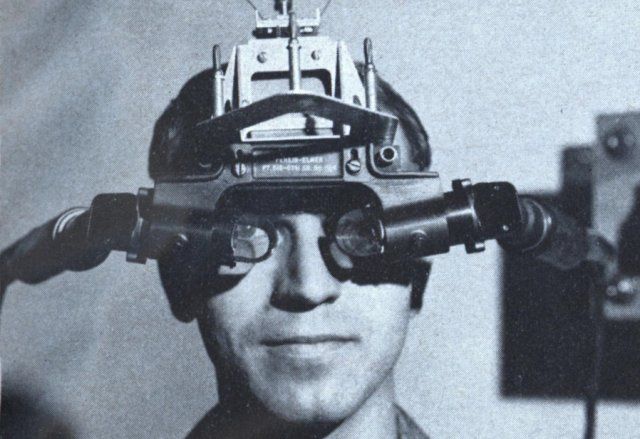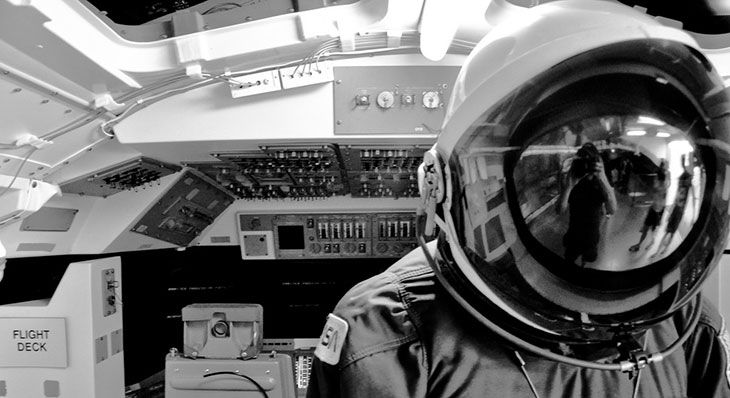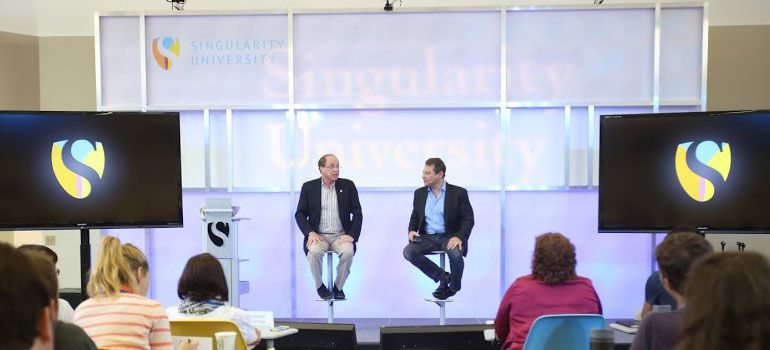— Aeon
Every modern generation has had its own idiosyncratic obsession with telepathy, the hope that one human being might be able to read another person’s thoughts. In the late 19th century, when spiritualism was in vogue, mind-reading was a parlour game for the fashionable, and the philosopher William James considered telepathy and other psychic phenomena legitimate subjects of study for the new science of psychology. By the 1960s, the Pentagon was concerned about Soviet telepathy research and reports that they had established remote communications with submarine commanders. In the 1970s, one ambitious Apollo 14 astronaut took it upon himself to try broadcasting his brainwaves from the moon.
In our technologically obsessed era, the search for evidence of psychic communication has been replaced by a push to invent computerised telepathy machines. Just last year, an international team of neurobiologists in Spain, France and at Harvard set up systems that linked one brain to another and permitted two people to communicate using only their thoughts. The network was basically one massive kludge, including an electroencephalography cap to detect the sender’s neural activity, computer algorithms to transform neural signals into data that could be sent through the internet and, at the receiving end, a transcranial magnetic stimulation device to convert that data into magnetic pulses that cross another person’s skull and activate certain clusters of neurons with an electrical field. With this contraption, the researchers were able to send a signal of 140 bits (the word ‘ciao’) from one person’s brain to another.Read more




 The Mont Order Club hosted its first video conference in February 2015, as shown below.
The Mont Order Club hosted its first video conference in February 2015, as shown below.


 One year ago, Tamara Etmannski became the first Canadian Global Impact Competition winner. The award earned her a scholarship to take part in a 10-week program at Silicon Valley’s Singularity University — a non-accredited institution that aims to solve the world’s greatest challenges through technology. The university was founded by tech legends Peter Diamandis, of the X PRIZE Foundation, and Ray Kurzweil, of Google.
One year ago, Tamara Etmannski became the first Canadian Global Impact Competition winner. The award earned her a scholarship to take part in a 10-week program at Silicon Valley’s Singularity University — a non-accredited institution that aims to solve the world’s greatest challenges through technology. The university was founded by tech legends Peter Diamandis, of the X PRIZE Foundation, and Ray Kurzweil, of Google.







